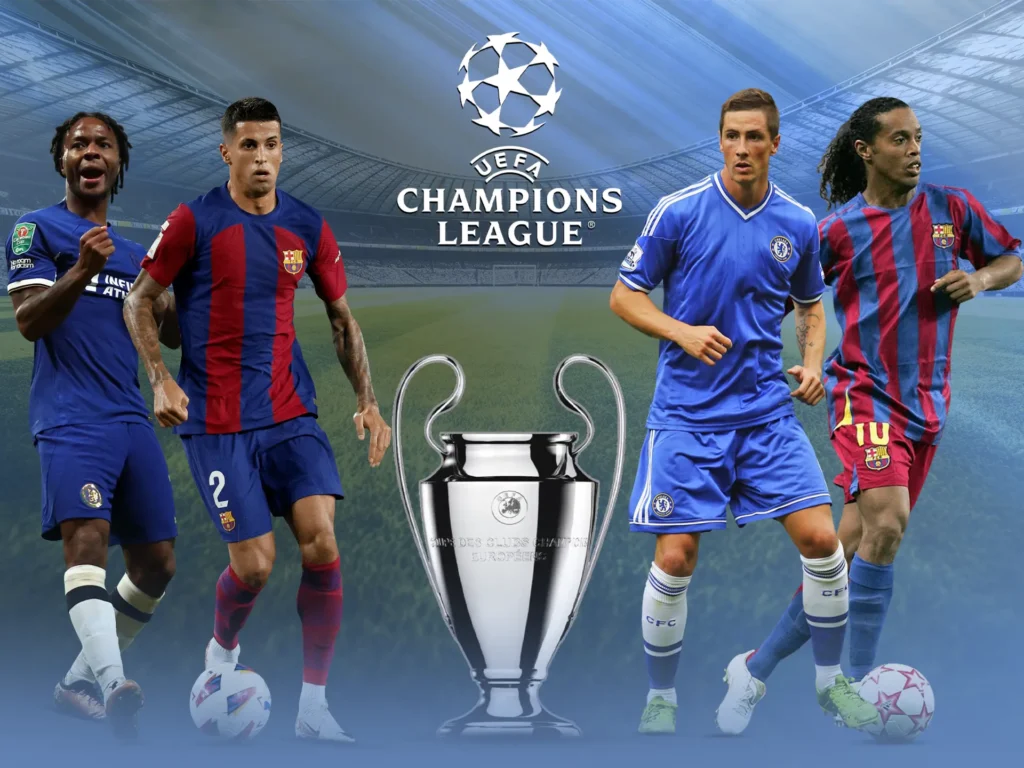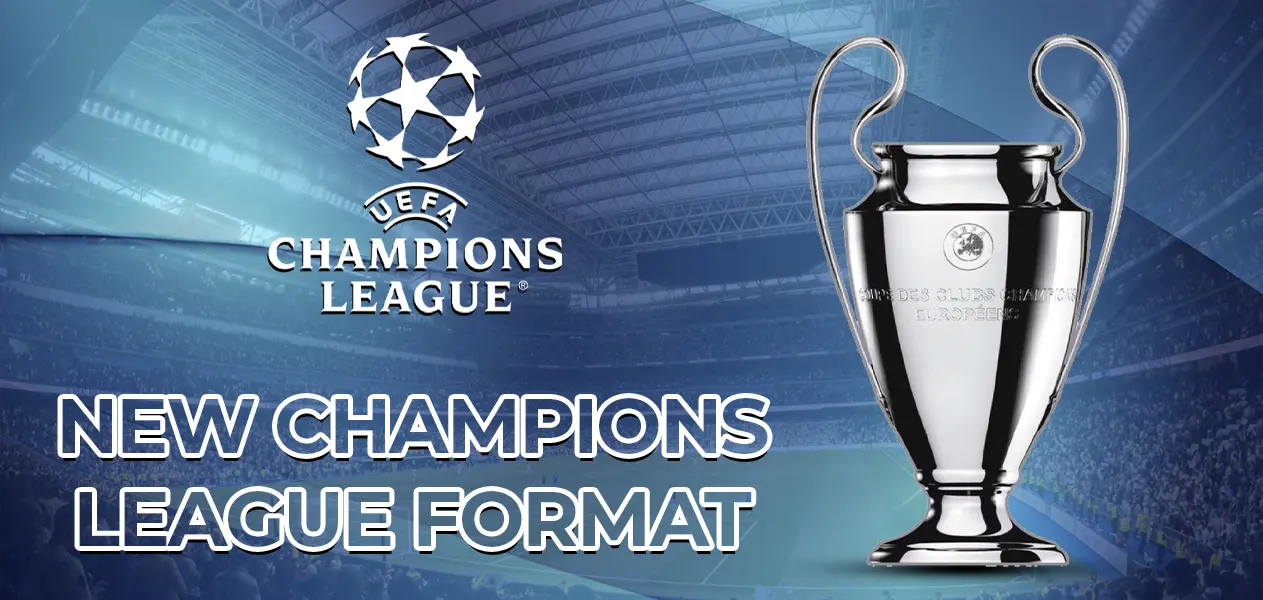Everything You Need to Know About the New Champions League Format
The UEFA Champions League is undergoing significant changes for the 2024-2025 season, with a shift to a “Swiss Model” format. This overhaul promises more teams, more matches, and a revamped qualification process. Whether these changes are good or bad for football fans is a matter of debate, so let’s delve into the details to understand the potential impact on the world’s most prestigious club competition.
What Changes to the Champions League Format From the 2024/25 Season?
In the upcoming 2024/25 season, the Champions League format will undergo significant modifications.
- Firstly, the number of participating teams will expand from 32 to 36, leading to a broader pool of contenders;
- Instead of the conventional group stage setup, all 36 teams will engage in a unified league format, offering each team 8 matches against different opponents;
- Qualification for the knockout stage will also see changes, with the top 8 teams directly advancing and the rest competing in a playoff for the remaining spots.
These adjustments aim to intensify competition, provide more game opportunities, and ensure a fairer pathway to the knockout rounds for clubs throughout Europe.
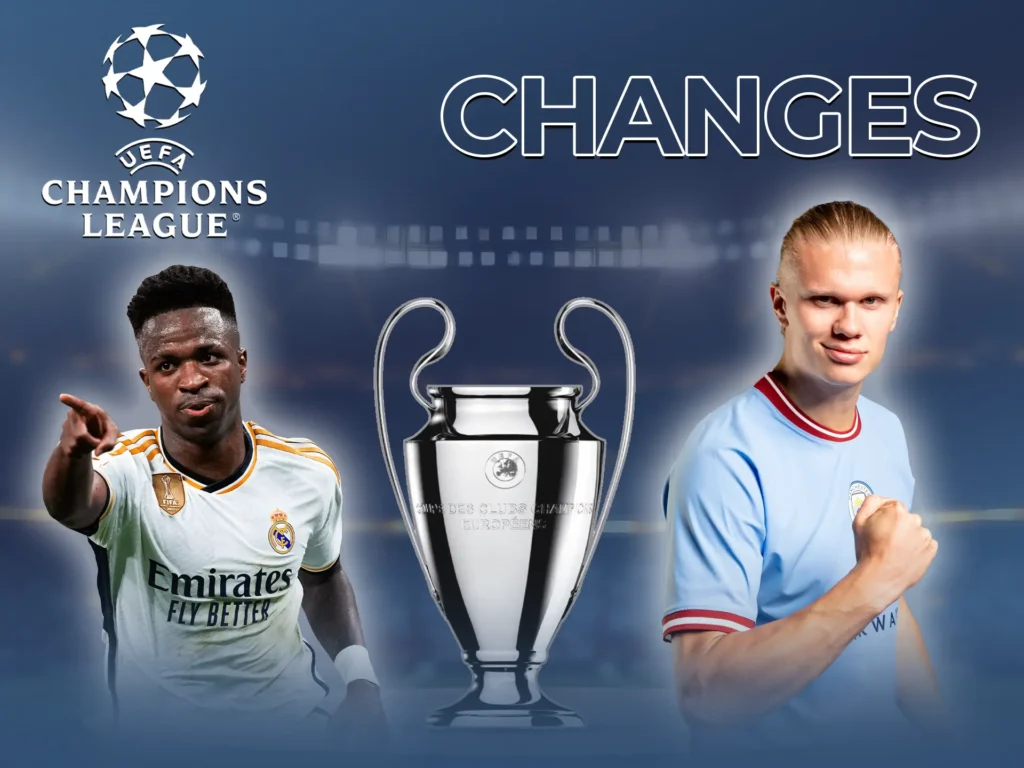
How Will the Four Additional Places in the Champions League Group Stage Be Allocated?
The allocation of the four additional Champions League group stage spots will be determined by a combination of a club’s performance in their domestic league and their association’s standing in the UEFA coefficient ranking system. The distribution of these slots is designed to reward strong performances and ensure a competitive balance across Europe. Here is how the additional spots will be allocated:
- One spot will go to the third-ranked club from the association that is ranked fifth in the UEFA coefficient rankings. This ensures that top-performing leagues receive more representation;
- Another spot will be awarded to a domestic champion, increasing the number of clubs that qualify through the Champions Path from four to five. This change is intended to give more national champions a chance to compete at the highest level;
- The remaining two spots will be given to the associations with the best overall club performance in the previous season. These associations will each receive one automatic place in the group stage for the next-best-ranked club in their domestic league. This rewards associations whose clubs perform well collectively, promoting a fair and merit-based qualification process.
These adjustments aim to enhance the overall competitiveness and fairness of the Champions League, ensuring that strong performances at both the club and association levels are adequately rewarded.
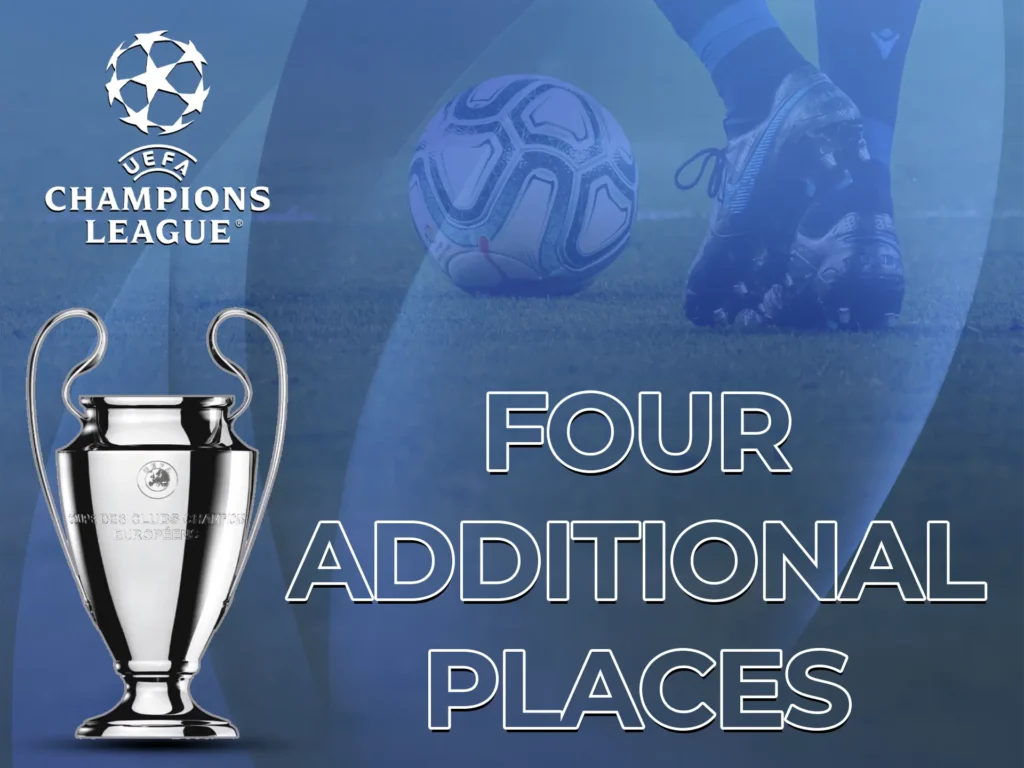
How Will the Knockout Stages Work?
Under the new Champions League format, teams will advance to the knockout phase based on their league stage performance. This process is as follows:
- Direct Qualification: The top eight teams in the league table will automatically qualify for the round of 16;
- Knockout Play-Offs: Teams ranked 9th to 24th will enter a two-legged knockout play-off to compete for the remaining spots in the round of 16;
- Elimination: Teams finishing 25th or lower will be eliminated from the competition;
- Seeding: The pairings for the knockout phase will be determined by league phase rankings, with higher-seeded teams facing lower-ranked opponents;
- Traditional Knockout Rounds: From the round of 16 onwards, the tournament will revert to its traditional knockout format, culminating in the final, which will continue to be held at a neutral venue on a Saturday.
This new structure aims to maintain the excitement and competitive integrity of the Champions League while ensuring that every match in the league phase has significant implications.
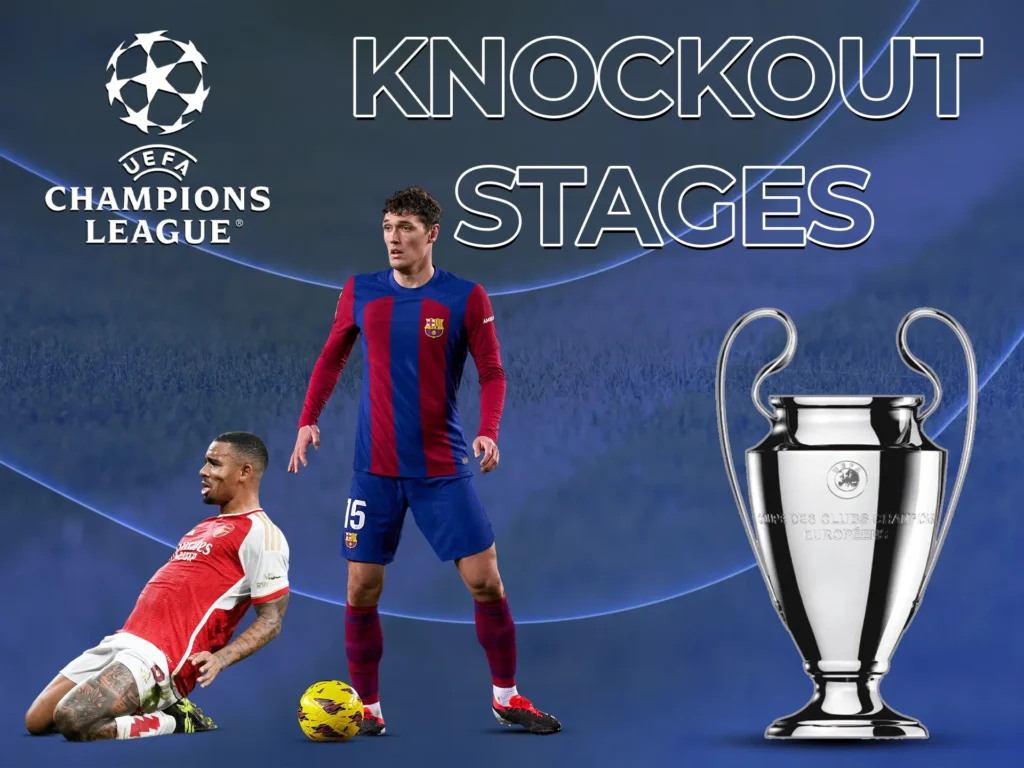
How Many More Games Will Be Played and When Will They Be Played?
Under the revised Champions League setup, there will be more games in total. Each team is slated to play 8 matches during the league stage: 4 at home and 4 away against different opponents. These matches will be spread out across the season, typically occurring on weekday evenings to accommodate domestic league commitments. The knockout phase will retain its midweek scheduling, culminating in the final, which remains on a Saturday. In essence, the new format promises increased match action and opportunities for clubs and fans alike.
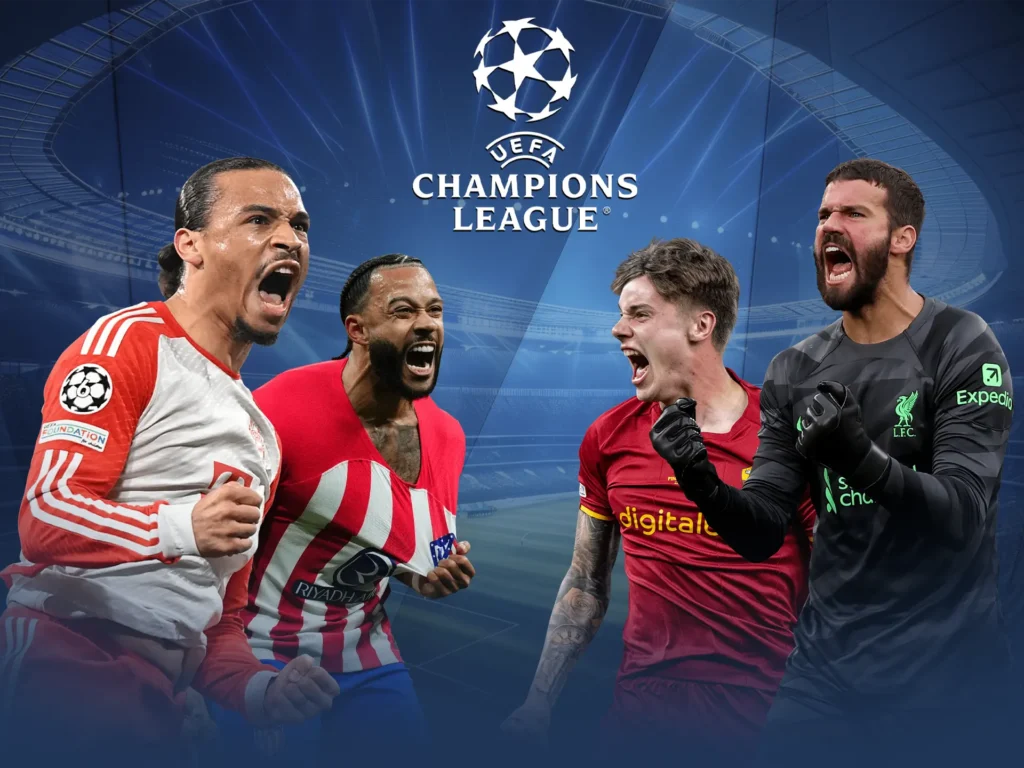
Will the Europa League and Europa Conference League Formats Change From the 2024/25 Season?
Yes, the UEFA Europa League and the UEFA Europa Conference League, renamed as the UEFA Conference League, will undergo similar format adjustments starting from the 2024/25 season. In these competitions, teams will play 8 matches in the Europa League and 6 matches in the Conference League during the league phase, encountering 8 and 6 different opponents, respectively. Furthermore, both tournaments will expand to accommodate 36 teams in the league phase, enhancing the competitiveness and scope of the group stage.

What Will the Competition Calendars Look Like in the Updated Format?
The updated competition calendars will introduce new scheduling changes to accommodate the new format. Here’s how the matches will be organized across the three UEFA competitions:
| Competition | Match Period | Regular Match Days | Exclusive Matchweek | Final Matchday |
|---|---|---|---|---|
| Champions League | September to January | Tuesdays and Wednesdays | Matches on Tuesday, Wednesday, and Thursday | All Games Played Simultaneously |
| Europa League | September to January | Thursdays | Matches on Wednesday and Thursday | All Games Played Simultaneously |
| Europa Conference League | September to December | Thursdays | Matches on Thursday | All Games Played Simultaneously |
These adjustments ensure each competition has its own exclusive matchweek, reducing scheduling conflicts and enhancing viewership. The simultaneous final matchdays will heighten the drama and importance of the concluding league phase games.
How Will Fans Benefit From the New Champions League Format?
Fans will enjoy several advantages with the new Champions League format. Firstly, teams will play more matches in the league phase, offering fans more opportunities to watch their favorite clubs compete. With a wider range of opponents, matches promise increased excitement and diversity. Moreover, the redesigned knockout phase ensures that every match holds significance, leading to more intense and thrilling encounters as teams vie for advancement. In summary, the new format aims to enrich the fan experience by providing more football action, varied matchups, and heightened drama throughout the tournament.

How Has the Champions League Format Changed Over the Years?
Since its inception in 1955, the Champions League format has undergone significant evolution. Initially featuring a knockout setup with only league champions participating, the tournament gradually expanded to accommodate more teams from each country. This expansion led to the introduction of group stages to manage the increased number of participants. Subsequent changes included the implementation of seeding systems, coefficient rankings, and adjustments to qualification criteria. The latest transformation, starting from the 2024-2025 season, introduces a single league format in the group stage and increases the number of participating teams. These alterations demonstrate UEFA’s ongoing commitment to improving the competitiveness and appeal of the Champions League in response to the changing landscape of European football.
